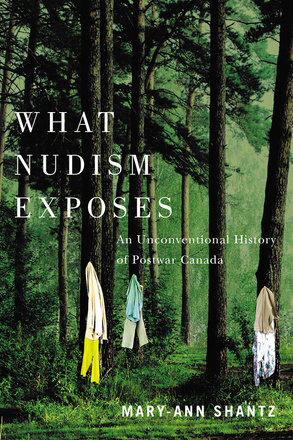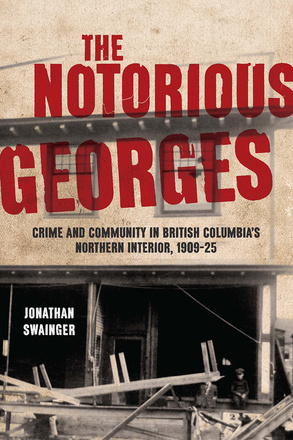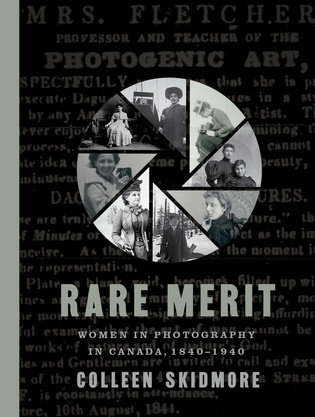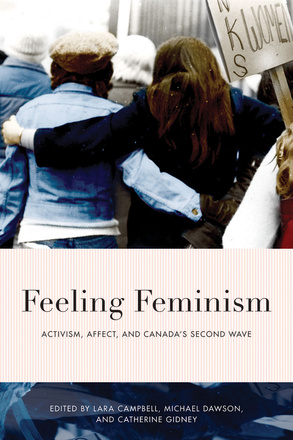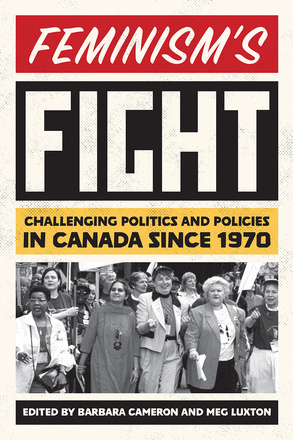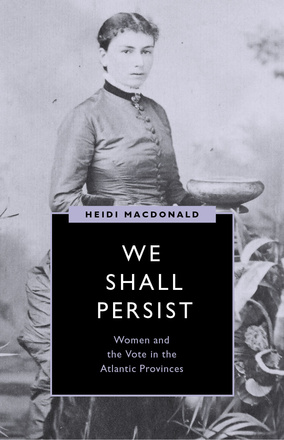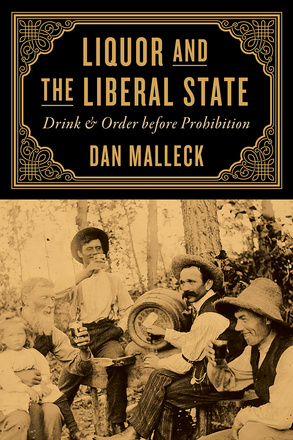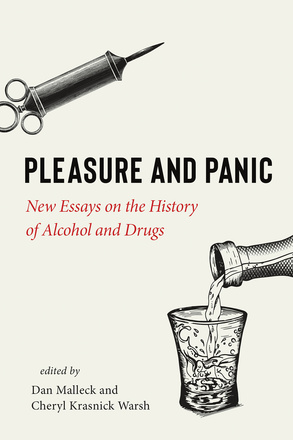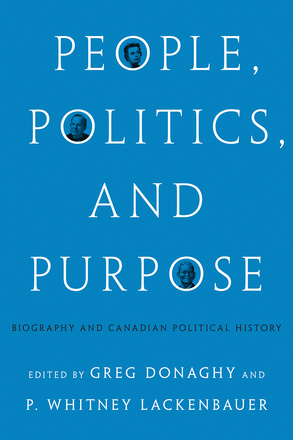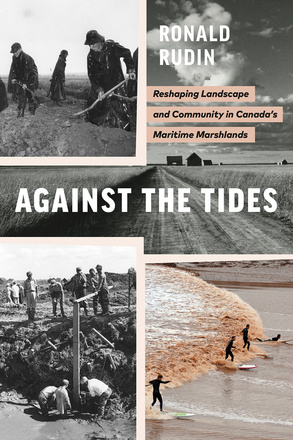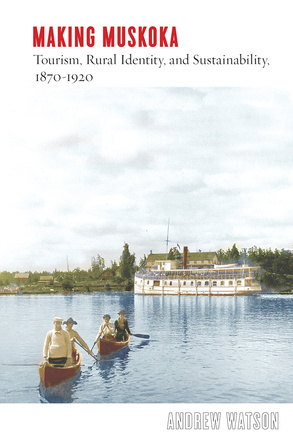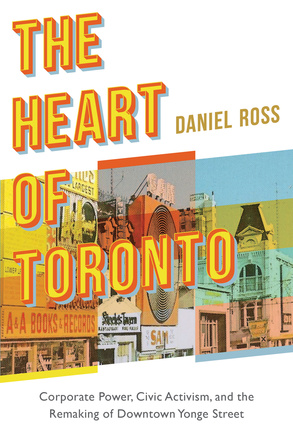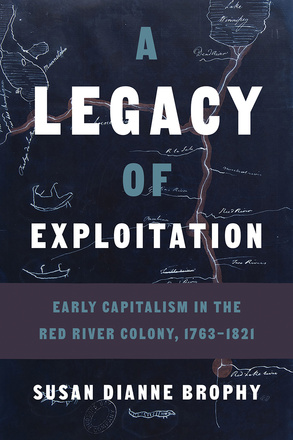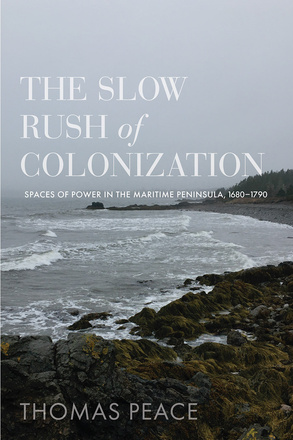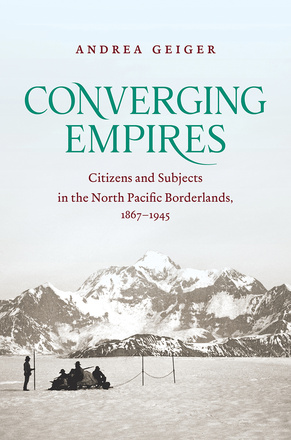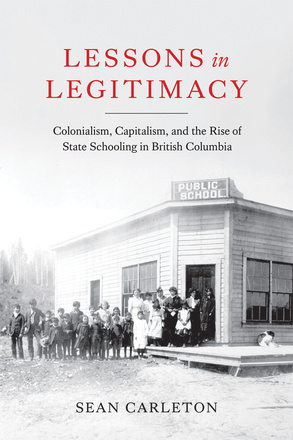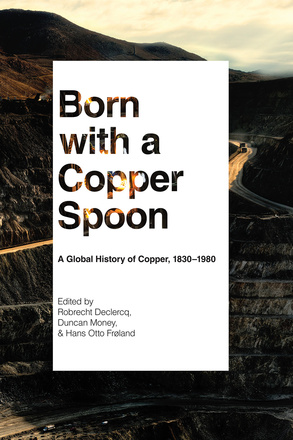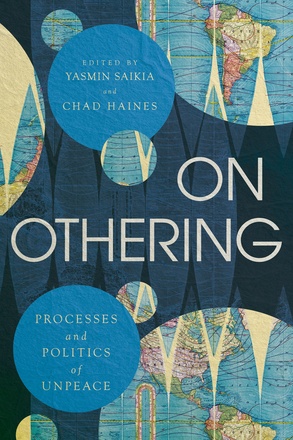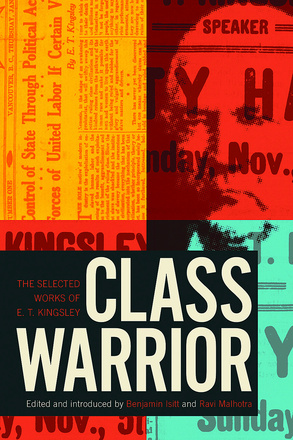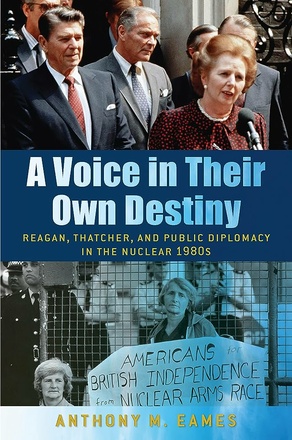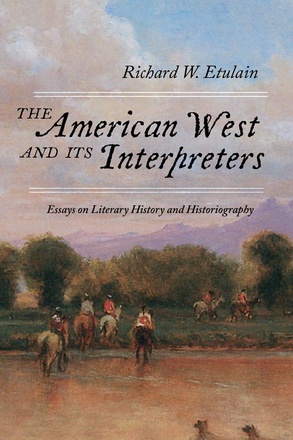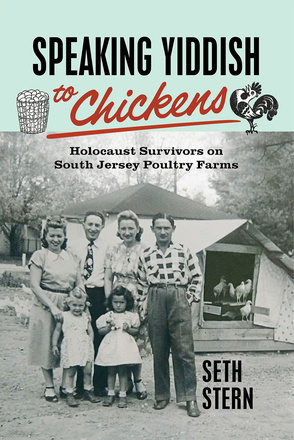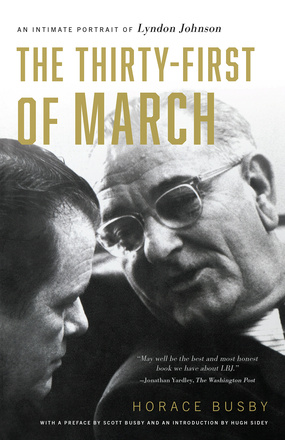
What Nudism Exposes offers a convincing new perspective on postwar Canada by revealing how nudist clubs navigated the social and cultural changes of the 1950s, ’60s, and ’70s.
The Notorious Georges is an engaging exploration of the alchemy of community identity and reputation in Prince George, BC, once branded Canada’s most-dangerous city.
Rare Merit illuminates the impact of women as portraitists, travel documentarians, photojournalists, fine artists, hobbyists, and printers in the early years of photography in Canada.
Feeling Feminism is a groundbreaking collection of interdisciplinary scholarship on second-wave feminist history and feminist social movements in Canada that puts emotions at the centre of the story.
Feminism’s Fight shows how fifty years of feminist struggle over public policy can inform today’s fight for gender justice and against continued discrimination.
We Shall Persist is the first book to detail the distinctive political contexts and common problems that characterized campaigns for women’s suffrage and other rights in Atlantic Canada.
Cultural pastime, profitable industry, or harmful influence on the nation? Liquor and the Liberal State explores government approaches to drink and drinking in the late nineteenth and early twentieth centuries.
Pleasure and Panic illustrates how attitudes toward drug and alcohol consumption are complicated by the politics, economics, and culture of their times.
People, Politics, and Purpose investigates the roles and reputations of a wide array of political actors, offering insight into Canada’s place in the world and stimulating fresh thinking about political biography.
Against the Tides tells the compelling story of the rehabilitation of the Maritime marshlands, a project that reshaped not only the landscape of the Bay of Fundy region but the communities that depended on it.
Making Muskoka traces the first decades of Muskoka’s transformation from Indigenous homeland to a part-time playground for tourists and cottagers and uncovers the consequences for those who lived there year-round.
From the sidewalk to City Hall, in the corporate boardroom, and around the kitchen table, The Heart of Toronto traces the power dynamics and projects that have transformed downtown Toronto.
A Legacy of Exploitation recasts the Hudson’s Bay Company’s experiment at Red River as a reaction to Indigenous peoples’ autonomy, challenging collective historical fantasies of Canada as a glorious nation of adventurers.
This history analyzes over one hundred years of complex interactions between the Mi’kmaw, Wabanaki, Peskotomuhkati, Wolastoqiyik, French, and English to show the continuity of Indigenous independence from the European newcomers.
Unstable Properties convincingly argues that the so-called land question in British Columbia cannot be resolved without understanding the fundamentally unstable ideological foundation of land and title arrangements on which the province rests.
Converging Empires weaves a compelling history of the convergence of Indigenous peoples, Japanese immigrants, and colonial expansion in the Northern Pacific – encounters that made and remade these borderlands.
Lessons in Legitimacy examines the relationship between settler capitalism, state schooling, and the making of British Columbia.
Born with a Copper Spoon tells the fascinating and far-reaching story of one of the world’s most important metals.
Working-class white and black women practiced the same Depression survival strategies across race. Archived 1930s interviews with 1,340 Chicago, Cleveland, Philadelphia, and South Bend women, and letters from domestic workers articulate common resourcefulness in employment, housework, and acquisition of relief. Institutionalized racism in employment, housing, and relief, however, assured that Black women worked harder, but fared worse.
Examining how 1980, the year Reagan was elected in a landslide, was a turning point in American history, cultural historian Jim Cullen looks at the year’s most notable movies, television shows, songs, and books to garner surprising insights about how Americans’ attitudes were changing at this pivotal moment.
Most of the roughly 140,000 Holocaust survivors who came to the United States in the first decade after World War II settled in big cities such as New York. But a few thousand chose an alternative way of life on American farms. More of these accidental farmers wound up raising chickens in southern New Jersey than anywhere else. Speaking Yiddish to Chickens is the first book to chronicle this little-known chapter in American Jewish history when these mostly Eastern European refugees – including the author’s grandparents - found an unlikely refuge and gateway to new lives in the US on poultry farms. They gravitated to a section of south Jersey anchored by Vineland, a small rural city where previous waves of Jewish immigrants had built a rich network of cultural and religious institutions. This book relies on interviews with dozens of these refugee farmers and their children, as well as oral histories and archival records to tell how they learned to farm while coping with unimaginable grief. This is their remarkable story of loss, renewal, and perseverance in the most unexpected of settings.
An intimate retelling of Lyndon B. Johnson’s politics and pre.sidency by one of his closest advisors.

